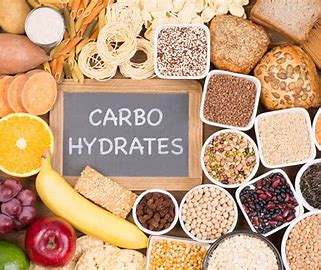Diabetes is considered the fastest growing chronic condition
in the world, with someone diagnosed every five minutes. Can we prevent it by
cutting out sugar and carbohydrates?
The logic seems simple enough. Because diabetes is a disease
of high blood glucose levels, and because carbohydrates are converted to
glucose in the body, many people think eating sugar and other carbohydrates can
cause diabetes.

But there’s a problem with focusing on one particular
nutrient like this.
Plant foods are carbohydrates foods, explains Dr David Katz,
founding director of Yale University’s Yale-Griffin Prevention Research Centre,
and co-author of How to Eat.
“But carbohydrates come to us not only in the form of plants
in nature, but in many forms made in factories. They can be anything from
lentils to lollipops, pinto beans to jelly beans,” he says. “Some carbs are the
staff of life; some are the stuff of disease.”
Carbohydrates become a problem when they are highly refined.
A product like white flour, for instance, has had all the good stuff stripped
out of it, leaving you with a flour that’s low in fibre and nutrients. In your
body, it acts much more like refined sugar than a wholegrain, which means it’s
rapidly digested and quickly raises your blood sugar.
How wholegrains are different
A grain with its fibre intact acts very differently. When
you eat wholegrain bread or rolled oats, the fibre slows down digestion,
preventing the dangerous insulin and glucose spikes we see after eating refined
carbs.
“Large-scale studies consistently find a relation between
routine wholegrain consumption and lower risk of all chronic disease and
cardiovascular disease… and improved glycemic control (the fluctuations in
blood sugar levels),” explains Dr Katz.
Fibre is the reason we shouldn’t worry about the sugar in
fruit but should be far more concerned about the amount of refined sugar we
consume, particularly when we drink it. Studies have found that people who
regularly drink sugar-sweetened drinks (whether that’s soft drinks, sport
drinks or cordial) have a roughly 25 per cent greater risk of developing type 2
diabetes.

A diabetes diagnosis is serious. Reduce your risk by
choosing healthy foods, watching your weight and exercising regularly.